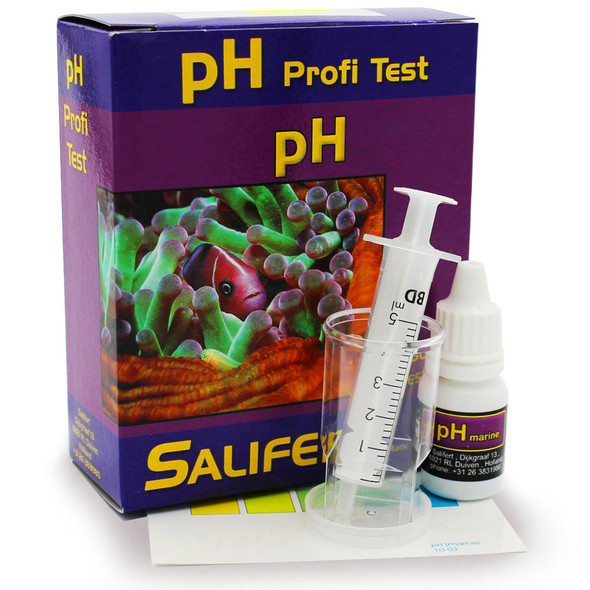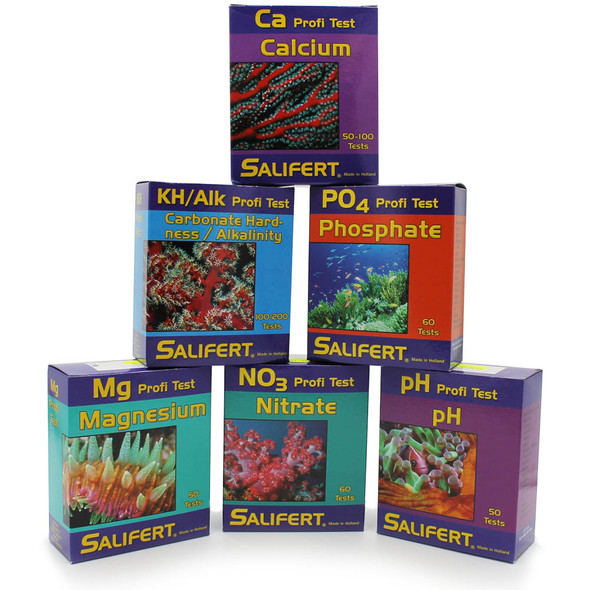Description
This test can be used to measure any ionic copper in your source water or to monitor copper levels during parasite treatments.
The test kit includes a test cylinder and reagent, plus a color chart to measure the copper, accurate to 0.05 PPM. It can be used with freshwater or marine aquariums and includes enough reagents for 50 tests.










